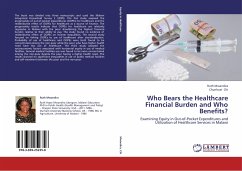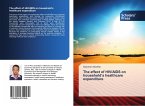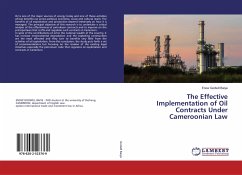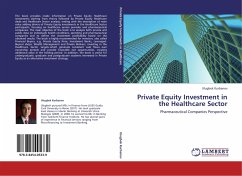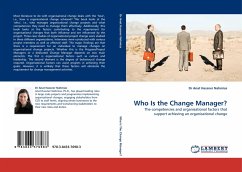The book was divided into three manuscripts and used the Malawi Integrated Household Survey 2 (2005). The first study assessed the progressivity of out-of-pocket expenditures (OOPEs) for healthcare and the redistributive effect of OOPEs for healthcare as a source of finance. The progressivity results indicate that OOPEs for healthcare are relatively regressive in Malawi with the poor shouldering the highest financial burden relative to their ability to pay. The study found no evidence of redistributive effect of OOPEs on income inequalities. The second study focused on linking OOPEs to use of healthcare after standardization. Probability of use of healthcare and OOPEs were both found to be concentrated among the non-poor while the poor who have higher health need have less use of healthcare. The third study assessed the socioeconomic factors associated with horizontal equity in use of medical facilities. General medical facilities use was found to be more concentrated among the non-poor despite the poor having a higher health need. The results showed no significant inequalities in use of public medical facilities and self-treatment between the poor and the non-poor.
Hinweis: Dieser Artikel kann nur an eine deutsche Lieferadresse ausgeliefert werden.
Hinweis: Dieser Artikel kann nur an eine deutsche Lieferadresse ausgeliefert werden.

